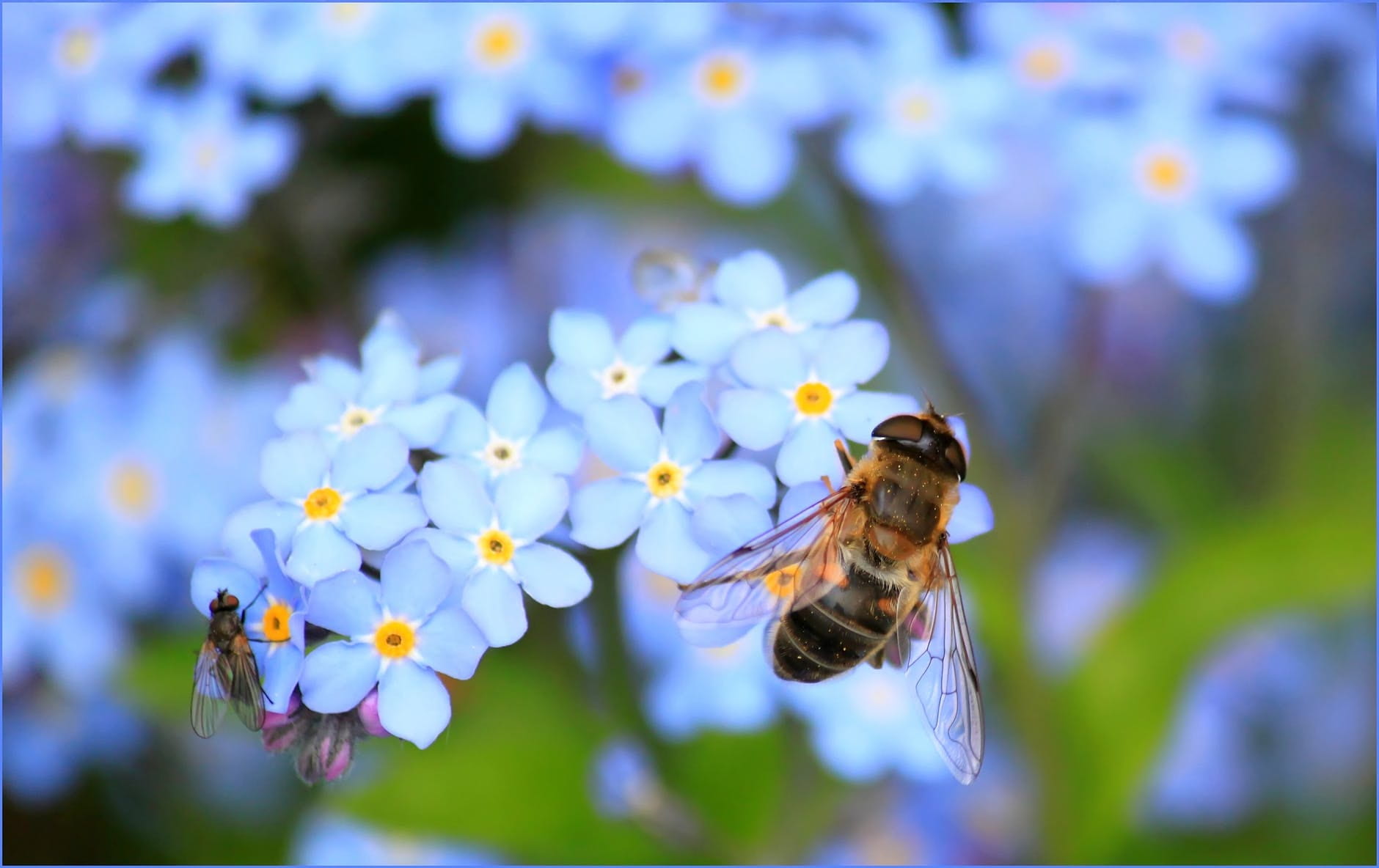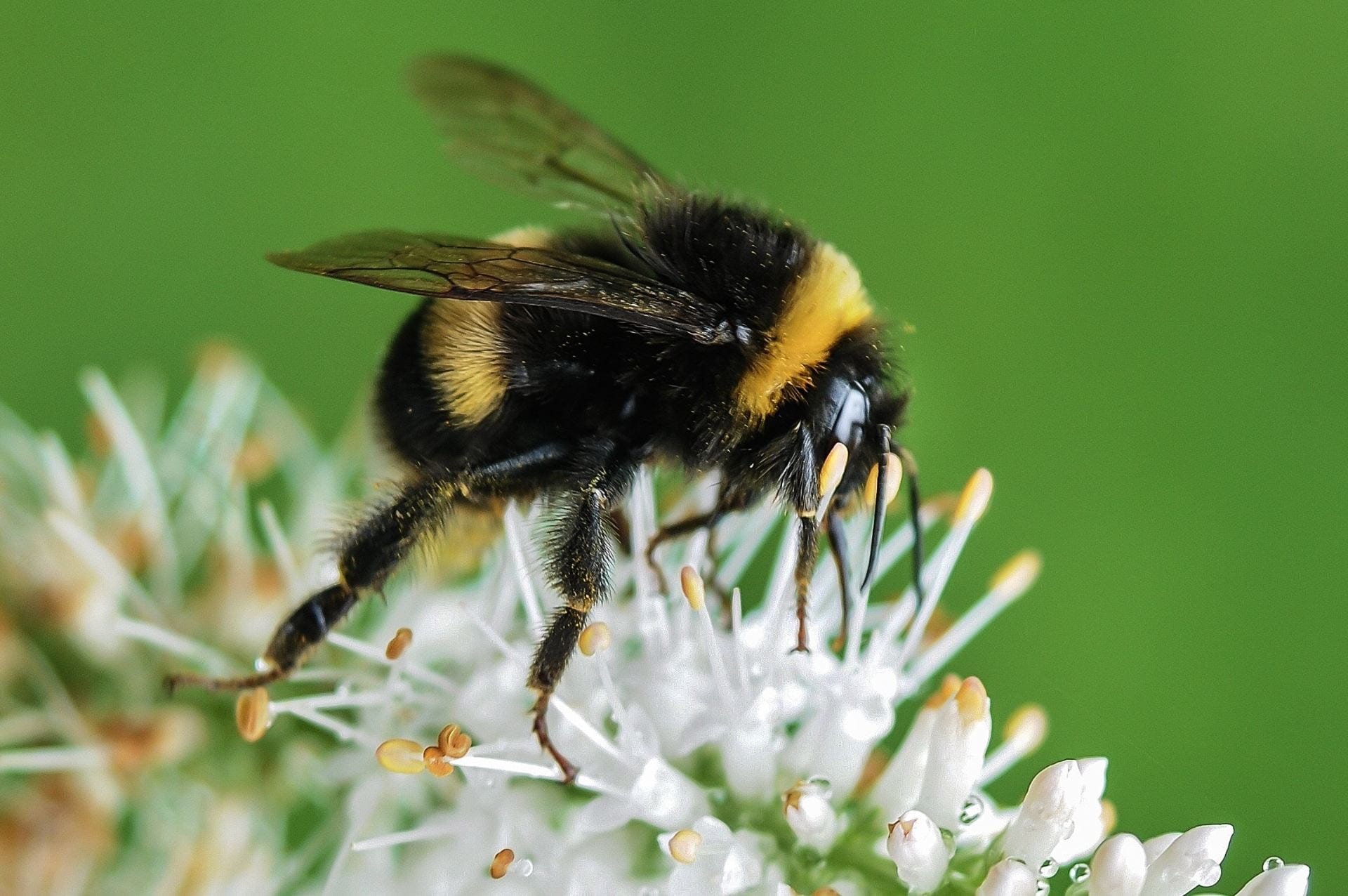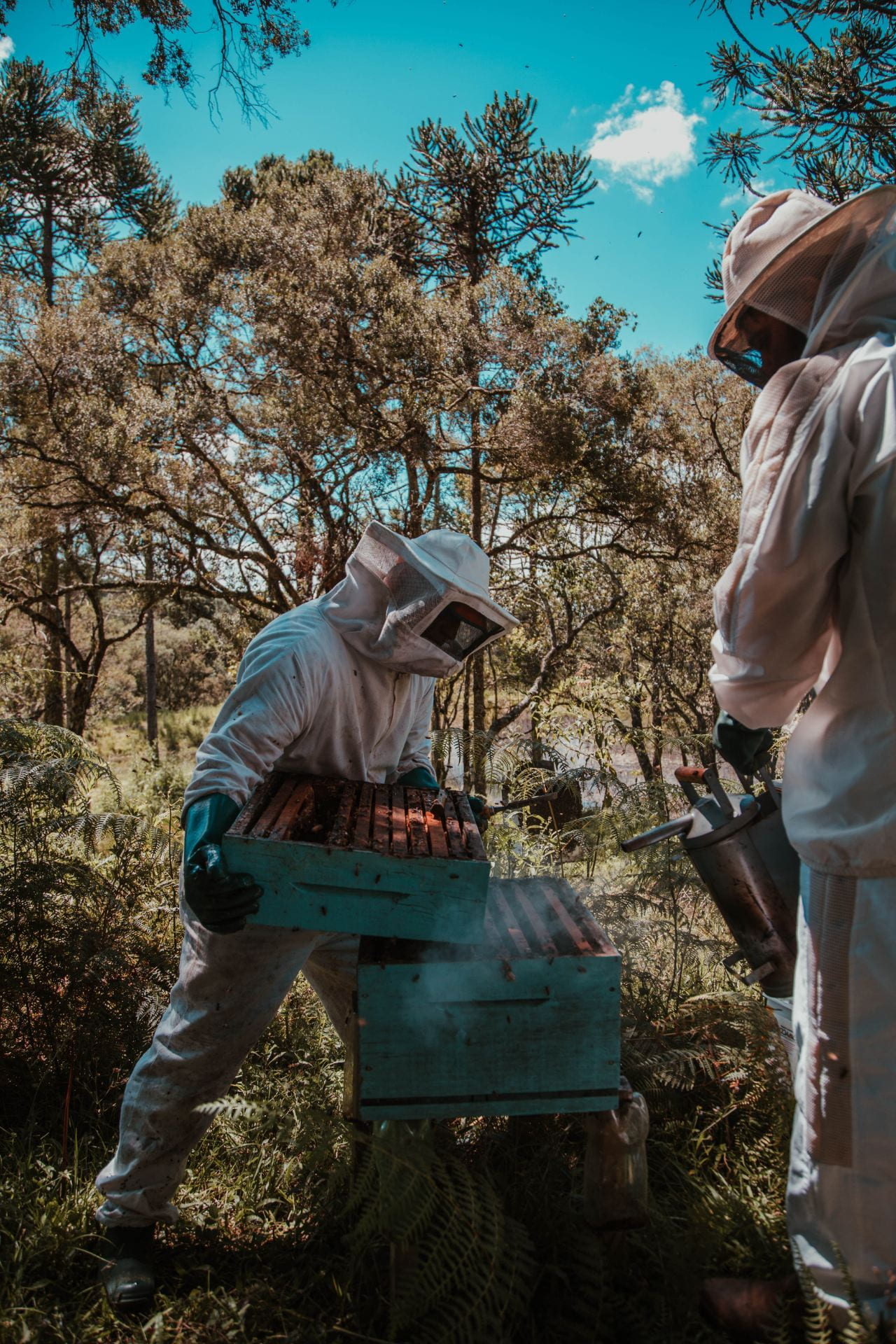
Everyone has heard the cry: “Save the bees!”
But have bee numbers increased since the start of the movement? Have our efforts really paid off?
Bees are one of the most important insects in the world. They do a vital job: Pollination. But, since the early 1990s, the numbers of bees and other pollinators have been on a worldwide downward trend.

Wild bees in the UK have been steadily decreasing, and even managed hives have not been fairing so well, especially honeybee populations.
There is only one species of honeybee native to the UK, as well as 25 known species of bumblebee and 224 species of solitary bee.
In the UK, wild bee numbers have been decreasing since the early 2000s, due to urbanization and agriculture, leading to the loss of their food sources and places to build hives.

Higher temperatures and changing weather due to climate change also contributes to the numbers. Some regions have seen up to 90% loss, according to National Geographic, because of what is known as “colony collapse disorder”.
While honeybees are not on the endangered species list, many scientists are under the impression that they will go extinct, and quite soon.
Thankfully, helping our honey-making friends out is easy. Providing a bee friendly outdoor space is as easy as planting flowers they can use, not using insecticides, and not killing bees when you find them.
